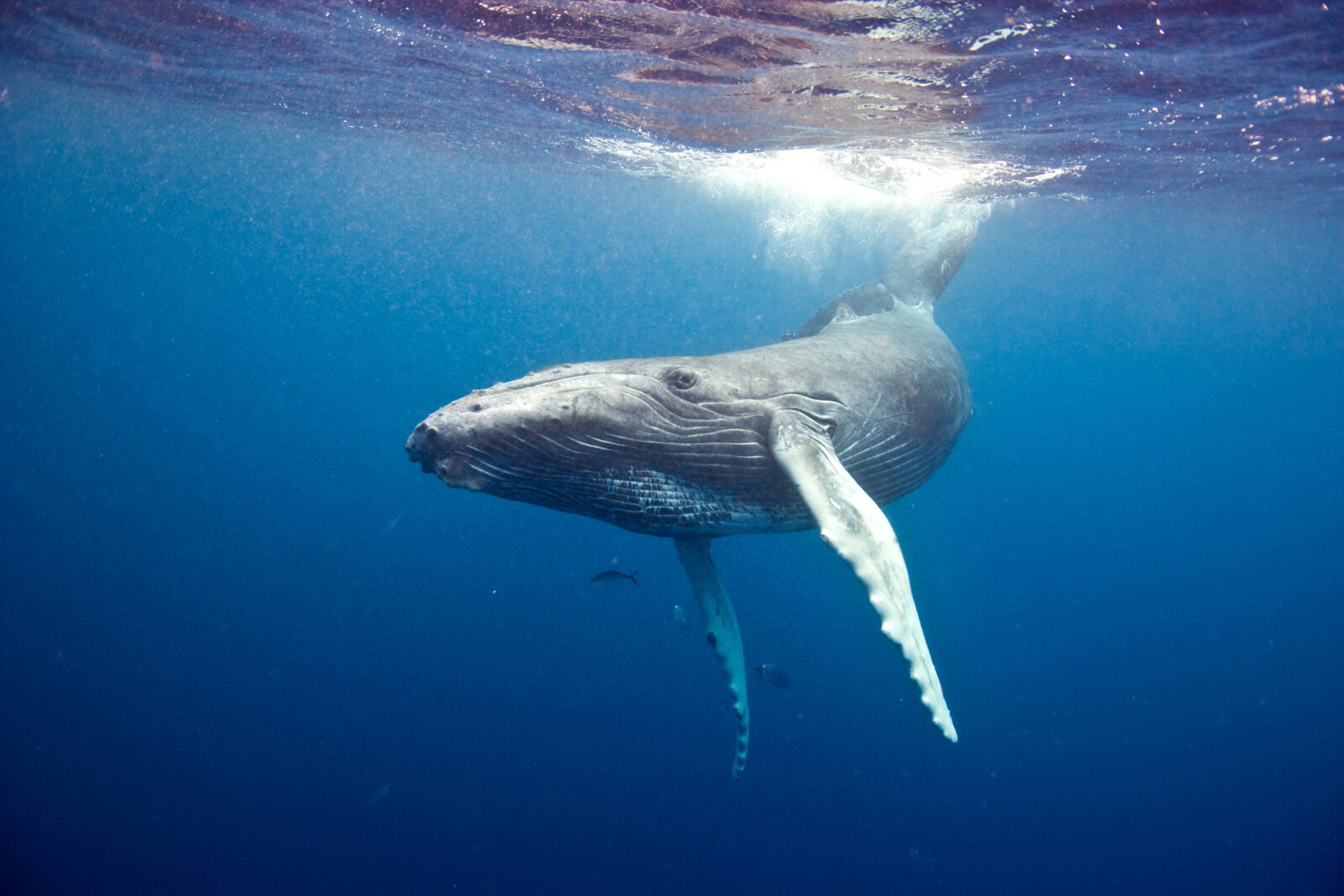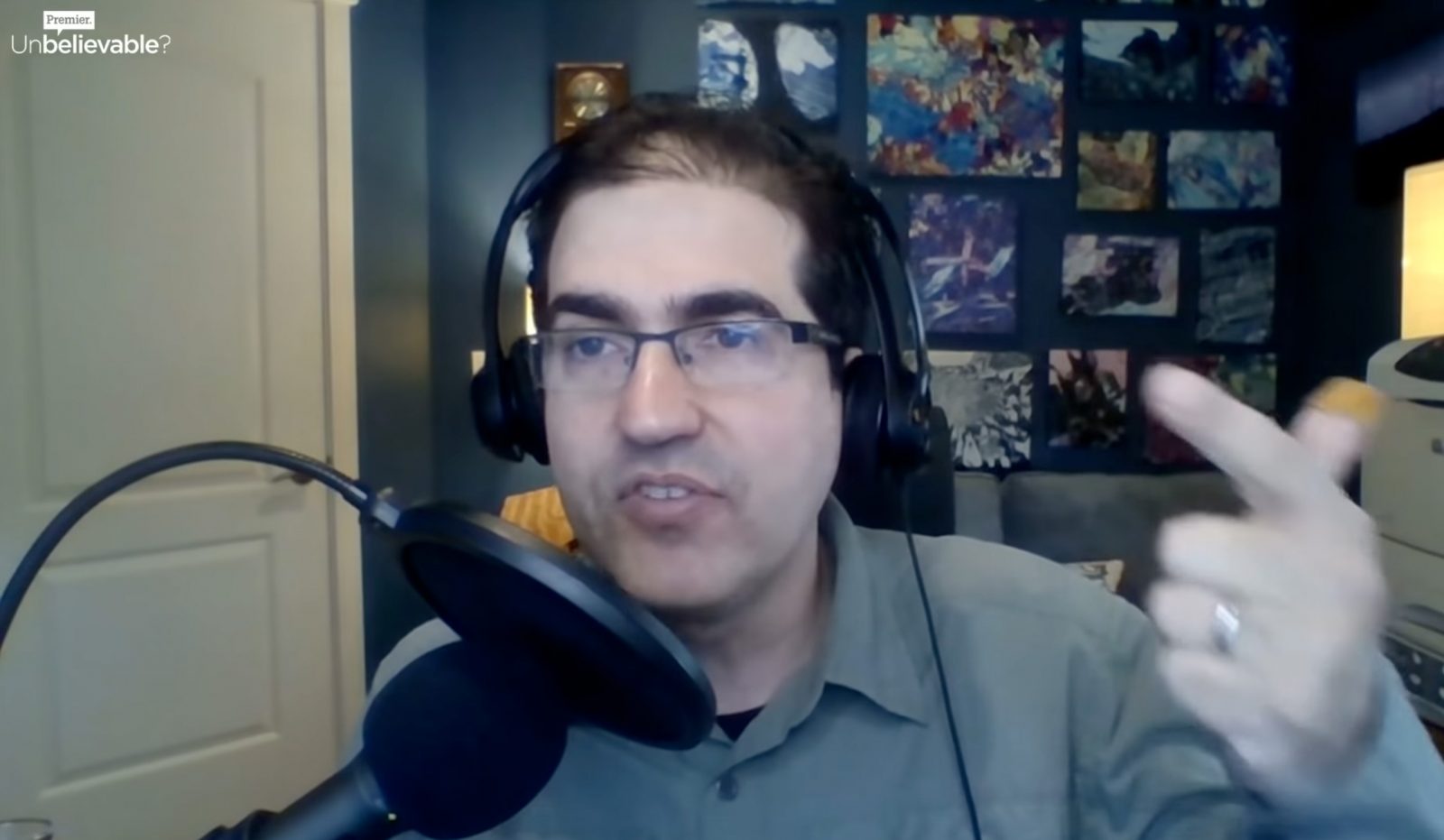


Designed Evolution? The Evidence Isn’t There

Brian Miller on the Limits of Protein Evolution

The Scientific Problems with Kojonen’s Theistic Evolution Model

Design-Assisted Evolution: A Response to Rope Kojonen

Stephen Meyer: Evidence of Mind in The Natural World

How Modern Science Strengthens the Claims of Theism

Casey Luskin on Why He Favors ID over Theistic Evolution
Today’s ID the Future continues intelligent design theorist Casey Luskin’s conversation with Apologetics 315 podcast hosts Brian Auten and Chad Gross. Here in Part 2, Luskin give a peek behind the scenes of ID 3.0, the current research program inspired by the intelligent design framework. Luskin is then asked to explain his reservations about theistic evolution, and Luskin points out the evidential, rhetorical, and logical problems he sees with the brand of theistic evolution advocated by Francis Collins and Biologos. What about the future of the intelligent design movement? Luskin says he’s optimistic, both because of the exciting research and publication breakthroughs of late, and because of the many converts he’s seeing to the ID framework. According to Luskin, many of these recruits remain behind the scenes to avoid reprisals from opponents of ID in positions of power, but some top scientists have come out publicly in support of intelligent design, including at least one Nobel Laureate. This episode is presented here with permission from Apologetics 315.

Casey Luskin and Adam Shapiro Debate Intelligent Design, Pt. 1
On today’s ID the Future, design theorist Casey Luskin, an editor of The Comprehensive Guide to Science and Faith, and science historian Adam Shapiro, co-author of Science and Religion: A Very Short Introduction, debate the meaning and prospects of intelligent design. Here in this first half of their conversation with host Justin Brierley of the Unbelievable? podcast, the focus is on how the term intelligent design is used, or misused, and its relationship to theological issues. The interview is used by permission of Justin Brierley.

Jay Richards on the Art of Answering Theistic Evolutionists
On today’s ID the Future, philosopher Jay Richards offers advices on engaging with evolutionists over the issues of origins, evolution, and intelligent design. In his conversation with host Casey Luskin, he says that if someone tells you he’s a theistic evolutionist, first find out what he means by theism and evolution. The latter term, in particular, can have widely varying meanings, and the average lay persons who see themselves as theistic evolutionists likely see God as actively and creatively working in the history of life to steer evolutionary outcomes, including the origin of humanity. What they may not realize is that such a view takes them well outside the bounds of what academic theistic evolutionists generally mean by the term evolution, particularly those theistic evolutionists who publicly defend evolutionary theory generally. Richards says that these academics hold to an internally incoherent view in many cases, and he encourages intelligent design proponents to surface that incoherence whenever the opportunity arises. For those who are willing to consider the evidence for intelligent design, Richards lists what he sees as the most rhetorically effective lines of evidence to present to people. The occasion for the conversation is Richards’ two chapters in the recently released Harvest House anthology, The Comprehensive Guide to Science and Faith.